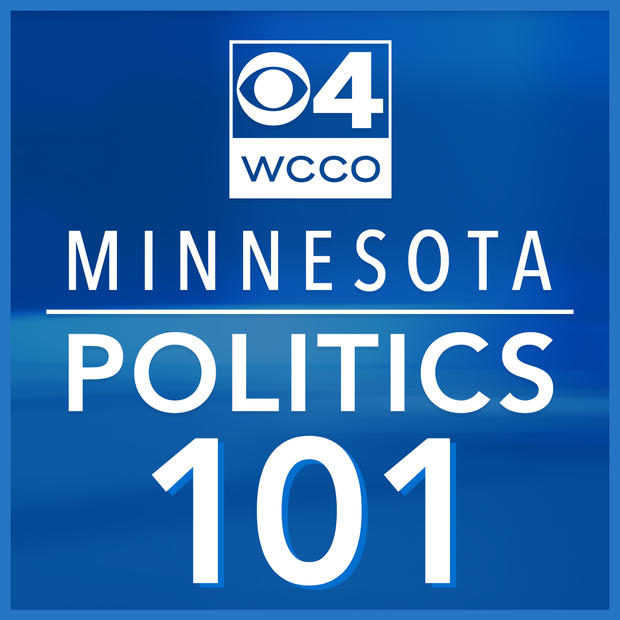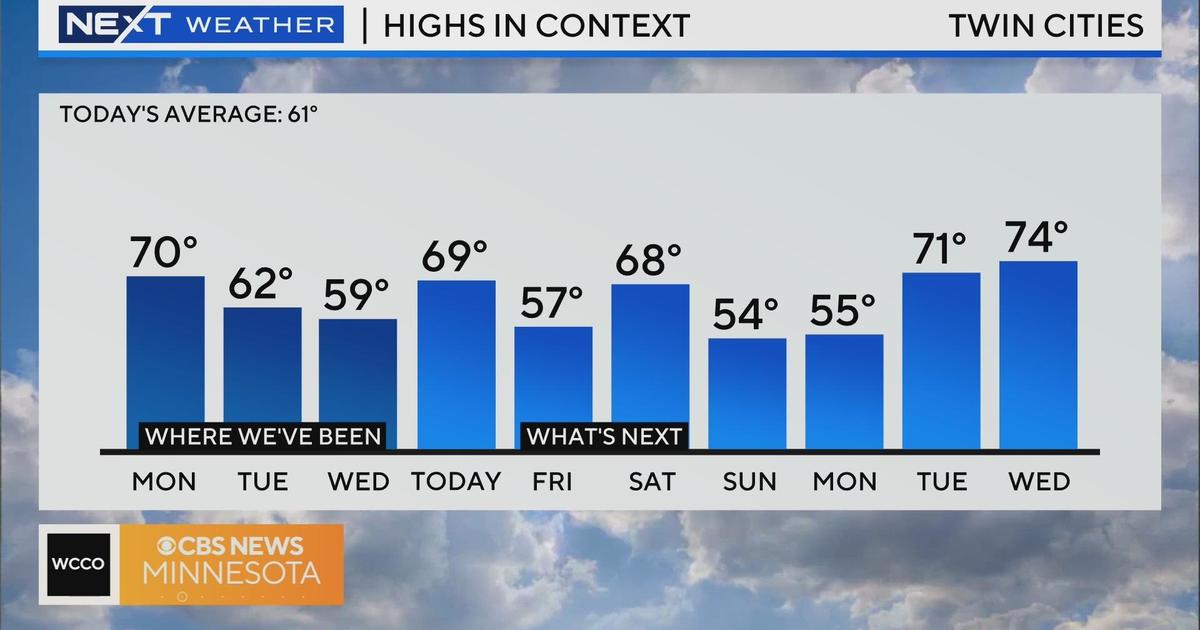Tim Walz Aims To Keep The Governor's Office In Democratic Control
MINNEAPOLIS (AP) — Minnesota's top job is on the line Tuesday as voters chose between longtime Democratic Rep. Tim Walz and two-time Republican candidate Jeff Johnson to become the state's next governor.
It's the first open governor's race since 2010, when Democratic Gov. Mark Dayton won the first of his two terms. Dayton opted not to run for a third term, setting off a wide-open race to replace him. Walz and Johnson each emerged after defeating formidable contenders for their party's nominations in August.
RELATED: WCCO Election Guide
Walz was attempting to move up to Minnesota's top executive office after six terms in Congress, where he represented the conservative-leaning 1st District in southern Minnesota. He used his appeal in rural areas to promote a theme of "One Minnesota" and enlisted a popular liberal activist and lawmaker, Rep. Peggy Flanagan, as his running mate. He also brought mayors from Fergus Falls to Golden Valley onboard to support the campaign.
Johnson, a Hennepin County commissioner known for often being a lonely conservative voice on that body, was the GOP's losing candidate against Dayton in 2014. This time around, public polling showed Walz with a healthy lead, too.
But Johnson had already surprised once, handily beating former Gov. Tim Pawlenty in the primary despite being outraised several times over.
Still, Johnson's upset win was a mixed bag for Republicans aiming to win statewide for the first time since Pawlenty's 2006 re-election. The Republican Governors Association, a major outside political group that backed Pawlenty, backed away from a $2.3 million advertising blitz that had been planned for summer and fall. It never aired an ad on Johnson's behalf.
Walz vowed to continue the liberal path that Dayton began during his two terms. Expanding the state's low-income health care program, MinnesotaCare, to have a public option was a hallmark of his campaign. But he drew criticism from both sides for his tepid support of a $15 hourly minimum wage, despite campaigning for it earlier in the election cycle.
Johnson accused Walz of overpromising, and deemed his health care plan unworkable for hospitals that are reimbursed by the state at lower rates than private health insurers.
Johnson portrayed his own candidacy as a course correction from Dayton's administration, including the higher taxes levied on the state's wealthiest earners and the troubled rollout of a new driver-registration system.
(© Copyright 2018 The Associated Press. All Rights Reserved. This material may not be published, broadcast, rewritten or redistributed.)




